One of my best friends and I have been texting during the course of this pandemic to try to stay connected in spite of physical distancing. I shared with him how strange it felt to be living a very privileged life while millions of people were experiencing pain and suffering. “Yes,” he said. “It’s guilt on top of sadness and anxiety.” I thought he captured succinctly what many of us are feeling who aren’t unemployed, uninsured, and under siege.
In 1932, in a much deeper level of discourse, Albert Einstein wrote to Sigmund Freud asking him why humanity continually fell into wars.
He wondered what was behind the pandemic of hate that pervaded civilization and whether or not there was a psychological “cure.”
The letters between the two were published in a pamphlet called “Why War?” By the end of the correspondence both seemed to agree that we needed to create a “community of feeling” to combat our inclination to engage in reciprocal destruction.
In this crisis, we are not arming to defeat a visible enemy, but we are trying to fortify ourselves against an invisible enemy by consuming an overwhelming quantity of data and information.
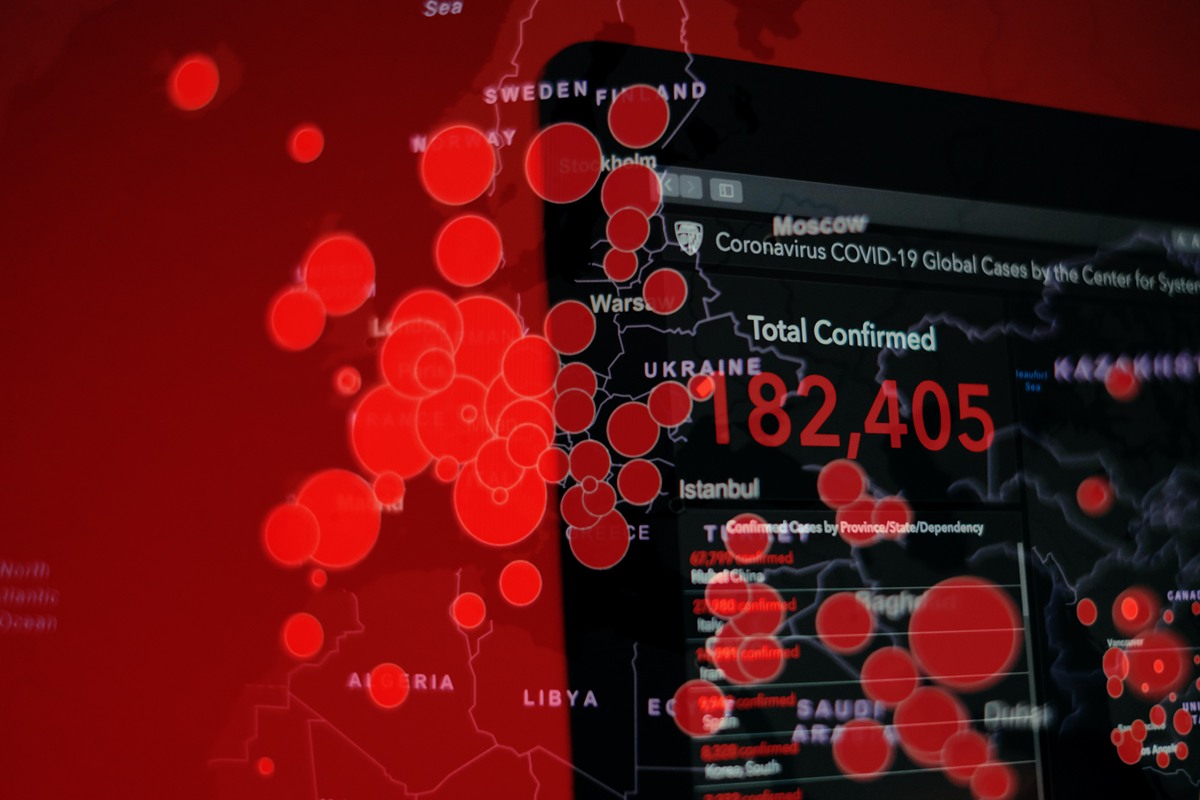
We are also experiencing an overwhelming range and depth of emotions. The question is, how do we find a healthy response to scary knowledge and scary feelings, i.e.
How do we create a community of feeling?
My hunch is that we are more focused on facts and concepts and are denying or dismissing the feelings we are experiencing as a result of the bombardment of news stories each day.
I have been using this time to read Harry Potter to my 8-year-old grandkids. It’s a great escape from the craziness that surrounds us. If you are a Harry Potter fan, you will probably recall the scene in the first book where Hagrid is trying to get a letter to Harry informing him that he has been accepted to the Hogwarts school. The Dursleys are madly trying to intercept the letters before Harry reads them because they don’t want him to be aware of the magical mysteries of his deceased parents.
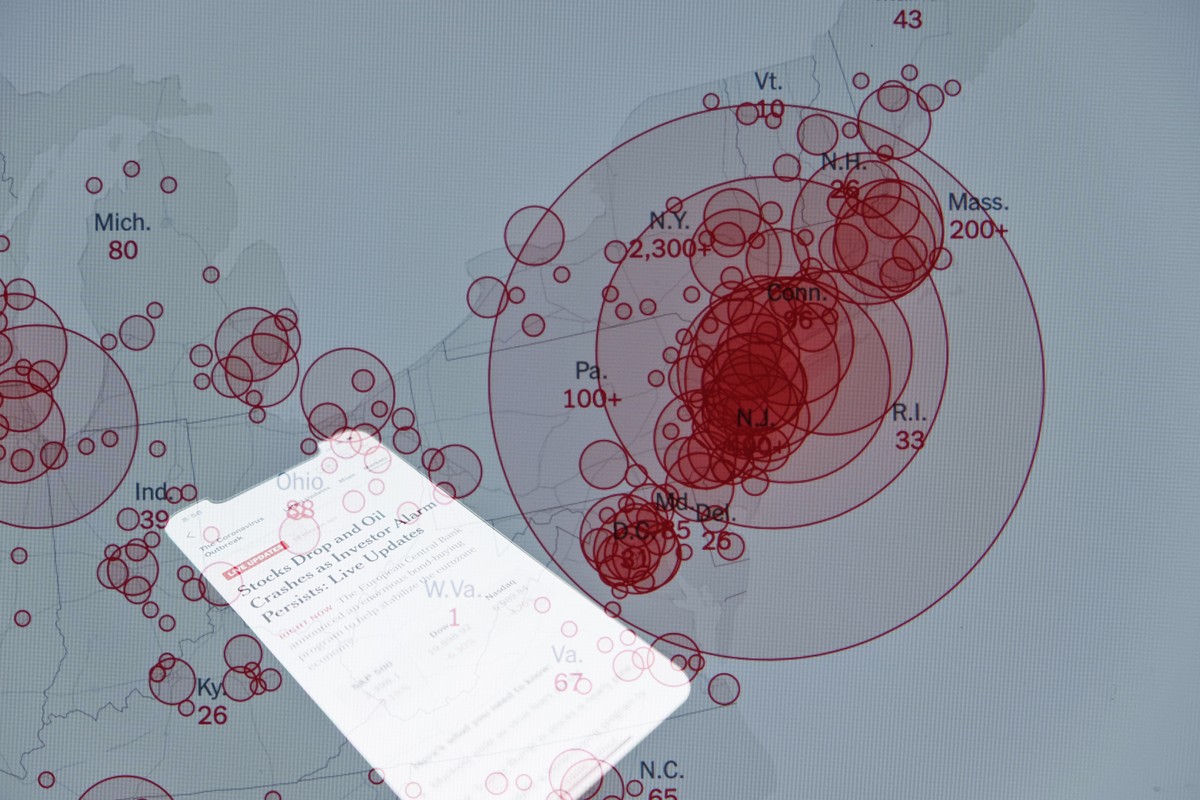
In one scene, the Dursleys have barricaded themselves in the kitchen to avoid receipt of any more letters, but suddenly hundreds of new letters come flying through the chimney pelting them with their sharp corners and irrepressible message.
My sense is that most of us feel like we can’t build strong enough barriers to keep us safe from the horrible news that continues to bombard us with its own form of sharp edges.
In a recent column, David Brooks implores us to connect deeply, vulnerably and authentically in spite of physical distancing in order to help us maintain our spiritual health during this crisis.
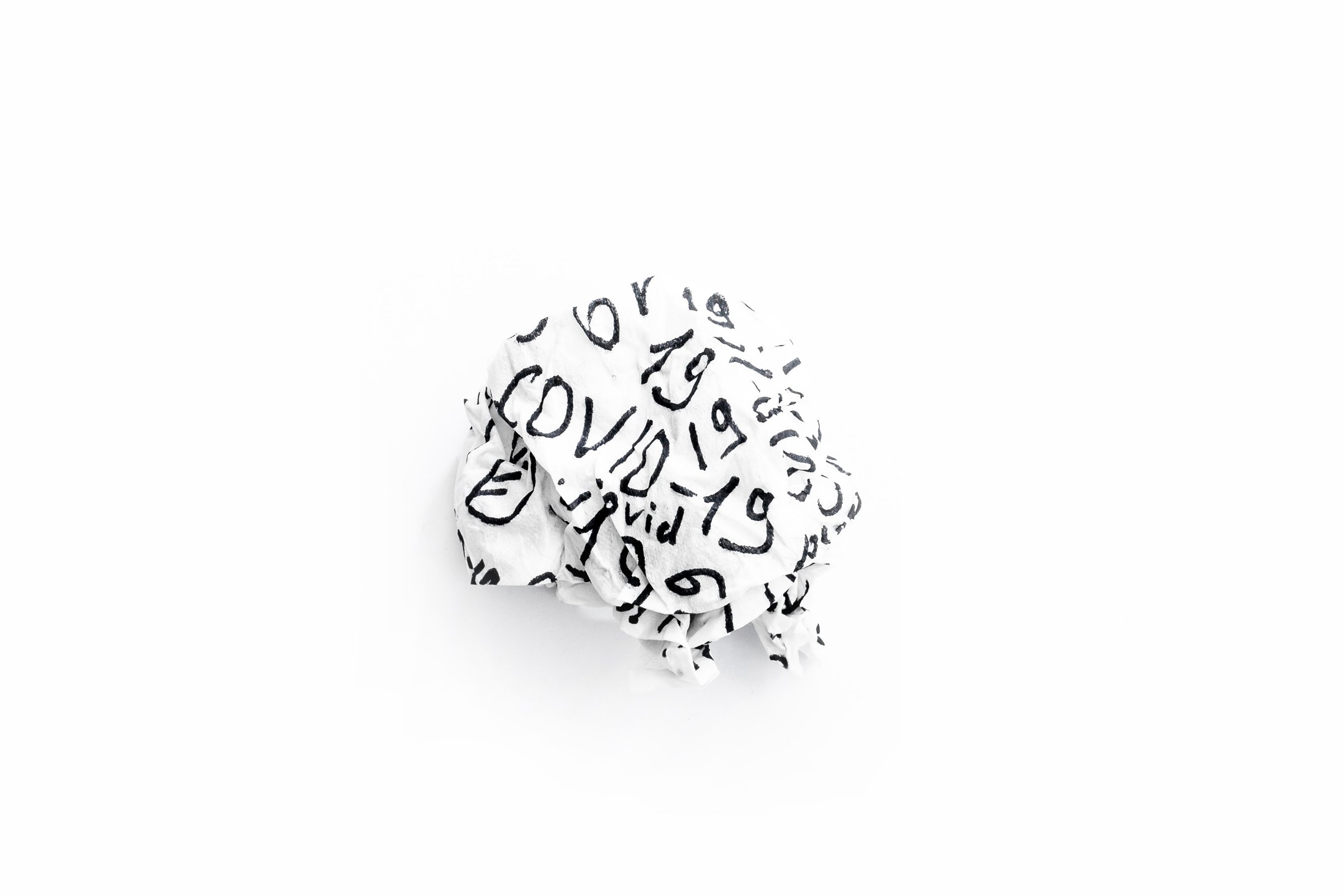
At the end of the column, he invites his readers to share how isolation is affecting us psychologically during this crisis, how we are feeling, and what wisdom we would be willing to share for staying mentally well. In my experience, most people lack the language and insight to identify specifically how they are feeling and why.
In our face-covered, physically distant walk this morning, I noticed a teenager walking his dog. He had a big smile on his face.
I responded, “You look happy this morning.” He replied, “I am.” Since I haven’t seen much smiling during these days of gloom and doom, I inquired, “Why?”
He simply stated, “I love my dog!”
I thought, the beauty of simple pleasures.
For most of us, it’s not that simple.
There are not only a range of feelings, but also degrees of intensity. The basic feeling categories are: Up, Down. Anger, Fear, and Confusion. The degrees of intensity are: High, Medium, and Low. My friend’s response at the beginning of this post were two medium intensity down feelings (sad and guilty) and one medium intensity fear feeling (anxious). His response made me realize that most of us in privileged positions are mostly experiencing feelings of medium intensity.
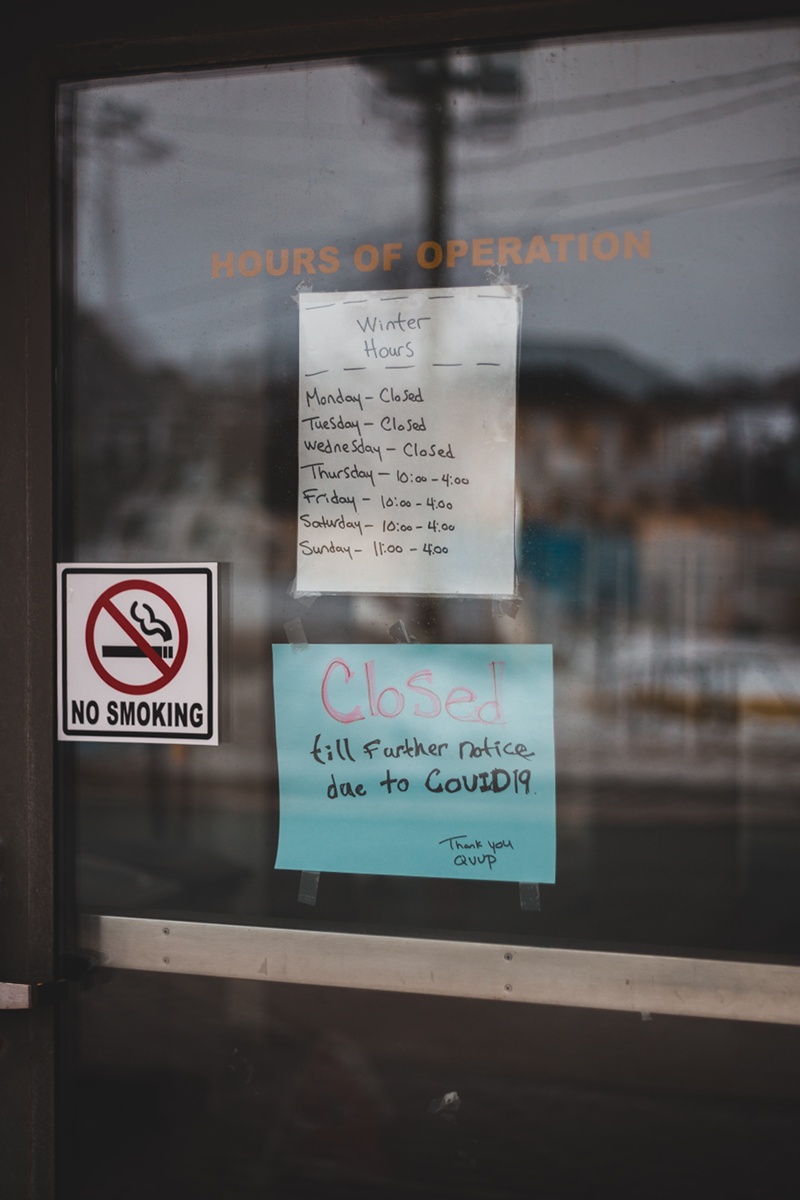
That realization made me wonder how people who had just lost their jobs or who had relatives in a COVID ICU must be feeling.
Clearly, there are few “up” feelings rumbling around in their hearts and guts, but there are probably lots of high intensity feelings in all the other categories.
For example, I would suspect “down” feelings might include despair, despondency, depression, deprivation, and hopelessness. “Anger” feelings might include enraged, furious, violent, hateful, and indignant. I imagine the “fear” feelings might be terrified, horrified, panic-stricken, angst-filled, and trepidation. And, there are surely lots of high intensity “confused” feelings going on: baffled, bewildered, discombobulated, unzipped, shook up, or punch drunk. You can add your “why” speculations to each of those feelings. Perhaps you feel many of same things for same or different reasons.
My point is that most of us don’t have the vocabulary or fine-tuning to get an accurate read on our own and others’ feelings. In the absence of that specificity, it’s hard to make wise choices on how we act—which brings me to the second point of this post. We don’t have adequate knowledge to make wise and creative choices.
Just as there is a range of feelings and intensity, there is also a knowledge hierarchy. Here’s a scale to help us sort it out:
5.0: Wisdom
4.0: Creativity
3.0: Knowledge
2.0: Information
1.0: Data and Alternative Facts
Data consists of random, unorganized facts that may or not be evidence-based or substantiated. We hear lots of “facts” being thrown around these days, but it’s harder and harder to distinguish what is real and what is fake. For example, I have been tracking COVID cases since early March, so that I can see when we start to see the curve flatten. The problem is that we have no idea how many people are actually infected because there is a lack of testing and many people are asymptomatic.
Information is conceptualized data. This is the level at which we excel. Most of us are able to create and communicate concepts with ease. In regard to Covid-19, for example, we hear concepts such as testing, tracking, distancing, protecting, treating, hospitalizing, and flattening. Pundits and academics are particularly adept at throwing around concepts. The challenge is to make sure our concepts are based on rigorously derived data—not just speculative opinions. Still, if you listen closely, most information and conversations are at the conceptual level.
Knowledge is contextualized information. At this level, we are taking scientifically established facts and cleverly crafted concepts to form productive principles. You can recognize a well-constructed principle by its “if, then, so that” format. For example, if we can use scientific testing and tracking to establish where and when cases are occurring, then we can mobilize resources, equipment, and facilities so that we can protect health care workers, prepare hospitals, and treat patients as efficiently and effectively as possible. Forming productive principles requires more work than throwing around concepts.
Creativity is the generation of new responses to changing conditions. At this level, individuals and organizations work collaboratively and build on each others’ ideas to find innovative solutions based on established principles. What we are seeing in this crisis, is a lack of collaboration and organized responses. Local and state institutions are forced to compete for scarce resources and figure out solutions on their own. The desired conversation at this level is for private and public organizations to engage collaboratively and to think interdependently to find creative solutions.
Wisdom is the application of sound actions and decisions based on experience, knowledge, and good judgment. It’s deciding the wisest course of action based on scientific data, evidence-based information, productive principles, and creative options. Wisdom is what we are not seeing at the national level in this crisis.

So, here’s the rub. In order to work through this crisis and come out on the other end as healthy as possible given the circumstances, we will need to not only exercise the deepest levels of empathy to the full range of feelings that people at all points on the economic and wellness continuum may be experiencing, but we will also need to deepen our knowledge of what economic, community, and medical solutions will be required to weather this storm.
In short, we will need to ask, “Who are we?” in each moment.
Will we show up as a wise, empathic, whole-hearted being; or as a crass, cruel, charlatan?
To me, the key is to employ human, information, organizational, and spiritual technologies behind the scenes to supplement the medical technologies being brought to bear on the front lines of this war.
Human technologies are required to strengthen our ability to identify the range and intensity of feelings people are having. It’s about “who” shows up in each moment.
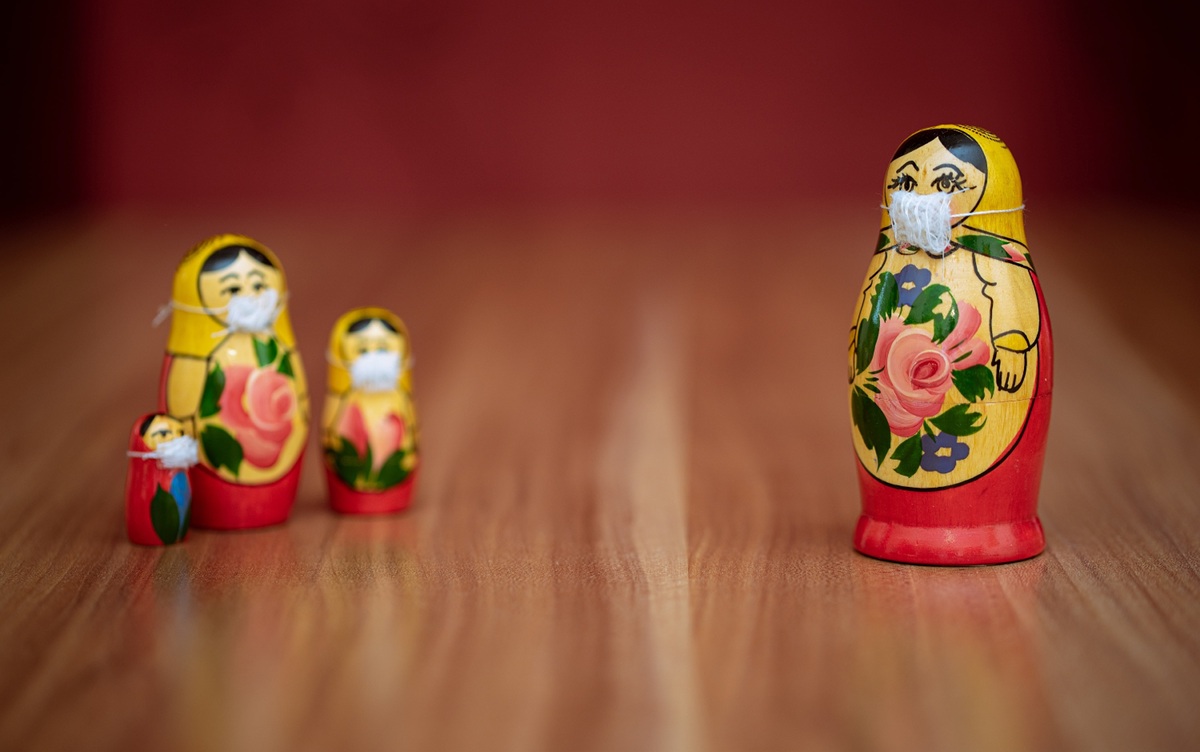
Information technologies are required to analyze and communicate information and to conduct predictive modeling to help us understand who is most vulnerable, where we are on the curve, when we can expect cases and deaths to diminish, and how we will secure the necessary equipment and resources as well as economic relief to get us through this crisis.
Organizational technologies are required to encourage public and private institutions as well as local, state, and national governments to work together to find innovative solutions.
And spiritual technologies are required to help us build communities, form connections, and find joy in spite of this crisis.
Yes, we need wise and caring conversations about feelings, solutions, and community interdependence.
I’m anxious to see what level of discourse David Brooks will receive from his readers. Again, THIS is about who shows up. I don’t expect that any of us will engage at the standard of discourse exemplified between Einstein and Freud, but I would hope we could all deepen our empathy and demand more creativity and wisdom from ourselves and our leaders. May it be so.
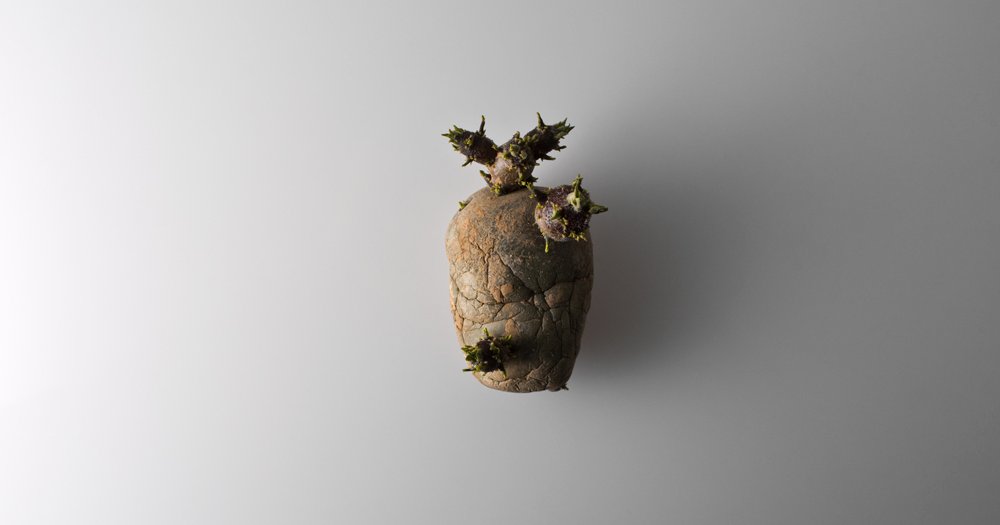



Well done Ricky! Thank you. RonnyDonny